
- Article
- Article
To stop or stay on lithium
In the final part of her investigation into lithium, Laura Grace Simpkins faces a dilemma – should she put her own mental health or other people and the planet first?

- Article
- Article
Self-obsessing in the age of selfies
The tiny, joyful spark of a social media ‘like’ can lead to a damaging obsession. Find out how far people will go when their phone addiction gets the upper hand.
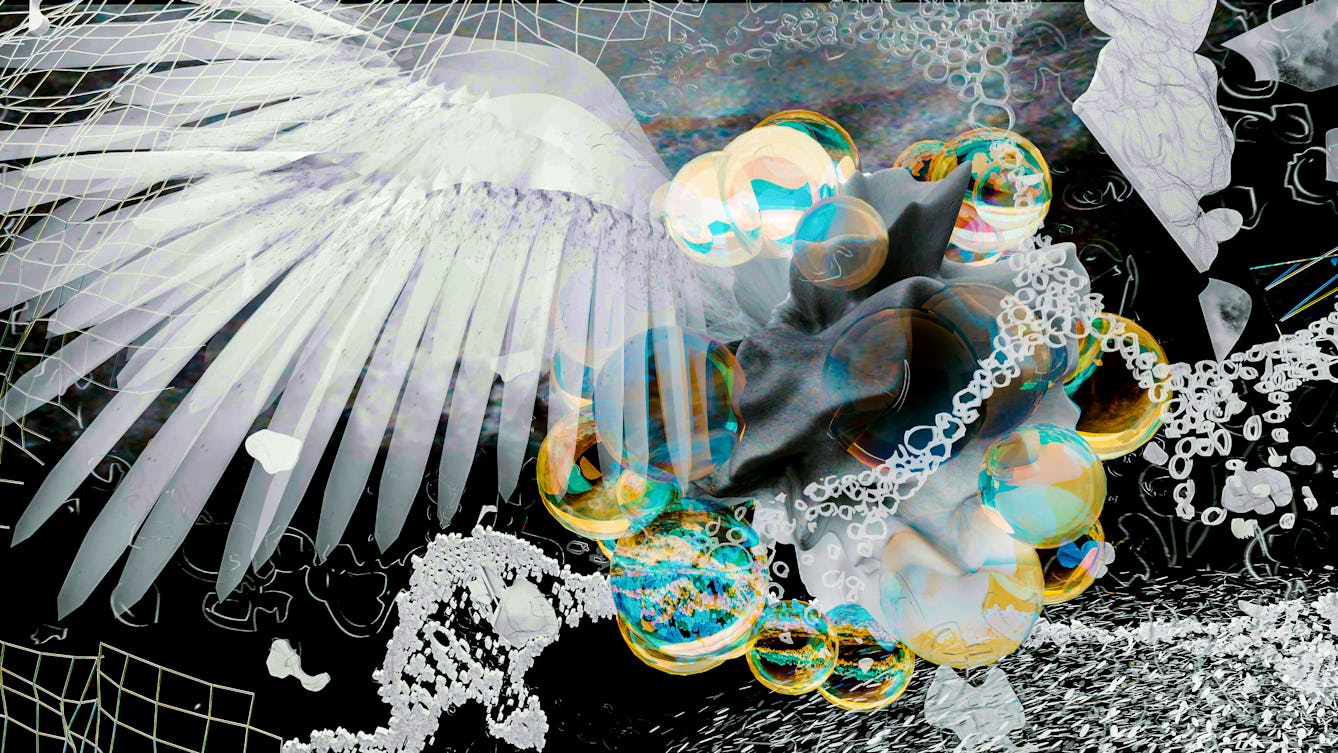
- Article
- Article
Air of threat
Novelist Chloe Aridjis vividly describes the suffocating atmosphere of Mexico City, as a combination of topography, crowded neighbourhoods, and reckless political diktats create a downward spiral.

- Article
- Article
Diagnosing the past
Historical texts rarely supply enough detail for a definitive diagnosis, so medical historians need to proceed with caution.

- Article
- Article
The catharsis of cringe
Watching cringe comedy can be therapeutic. Find out why some of us are drawn to the build-up of stress in shows like ‘Frasier’ and ‘The Office’.
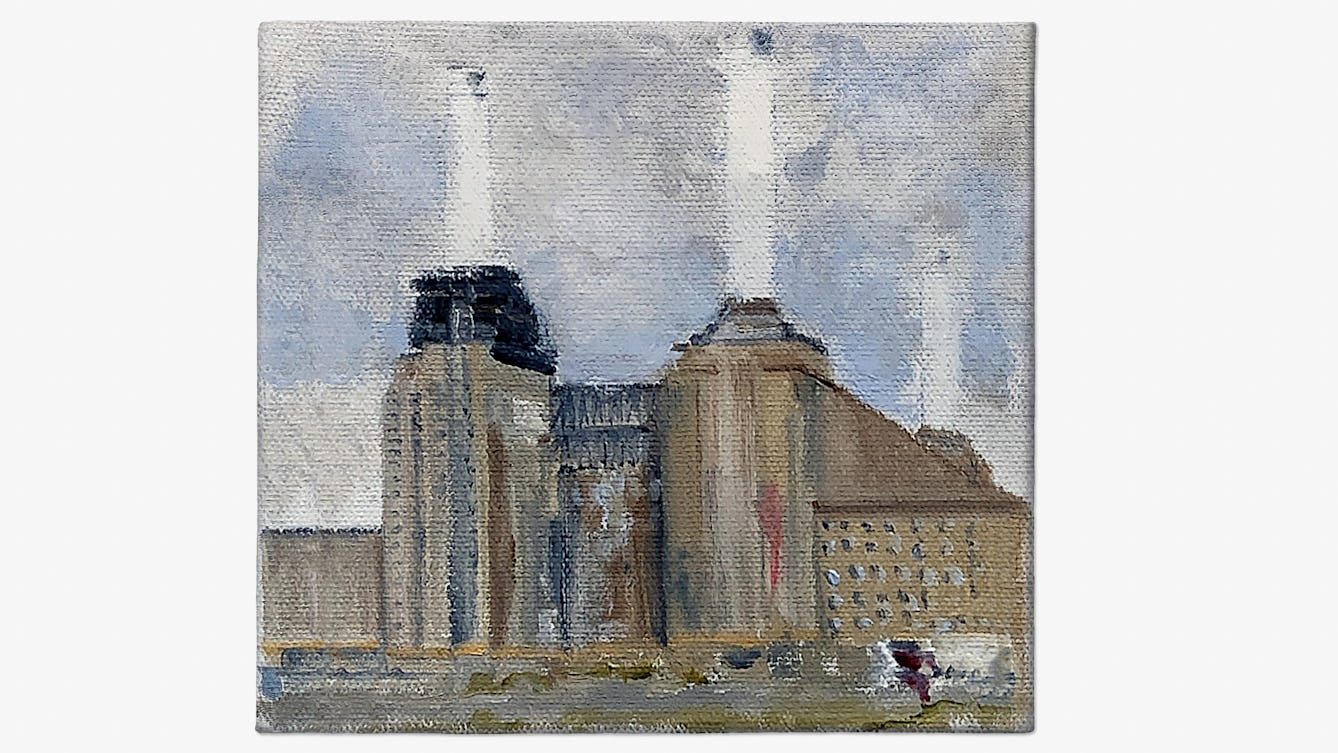
- Article
- Article
People against pollution
Alice Bell reflects on what happens when communities help solve environmental problems, and whether citizen science can help fight industrial pollution today.

- Article
- Article
Drugs in Victorian Britain
Many common remedies were taken throughout the 19th century, with more people than ever using them. What was the social and cultural context of this development?
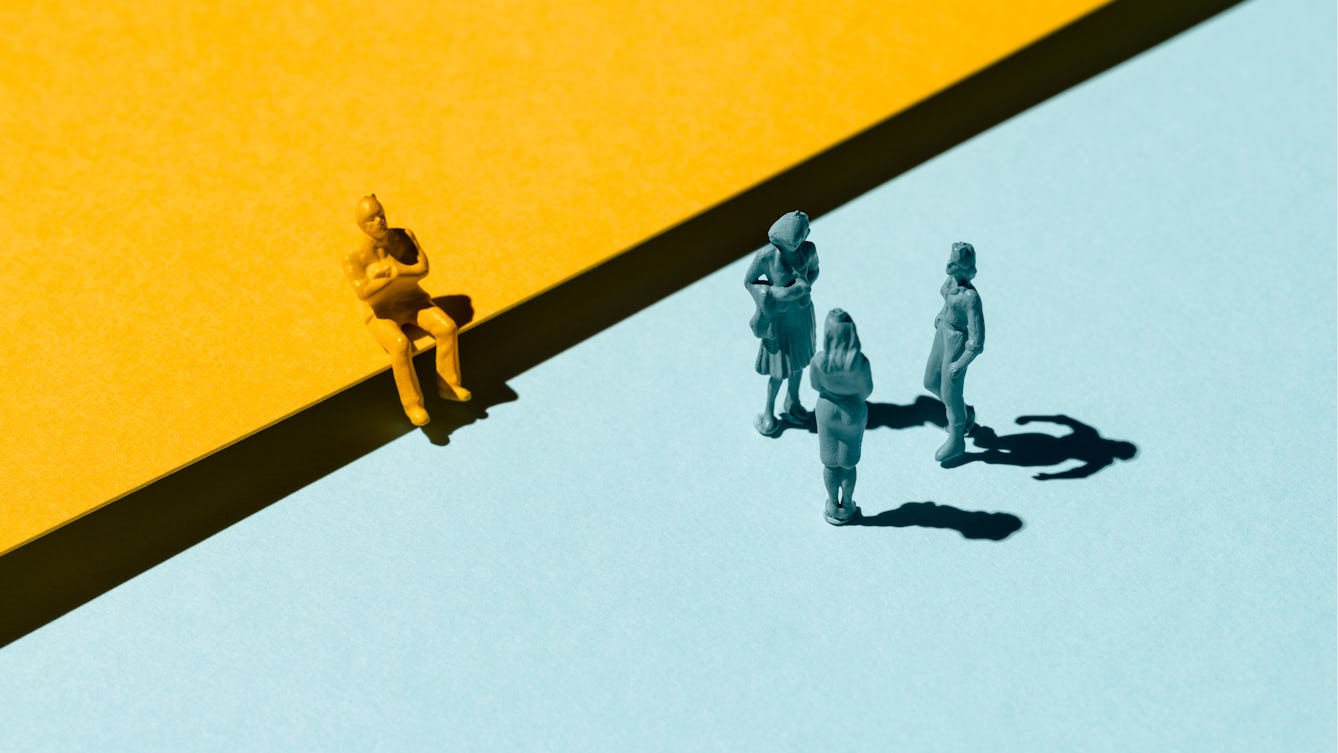
- Article
- Article
Why are women more willing donors than men?
Why is there a gender imbalance when it comes to the donation of organs, blood and tissue, and what can be done about it?
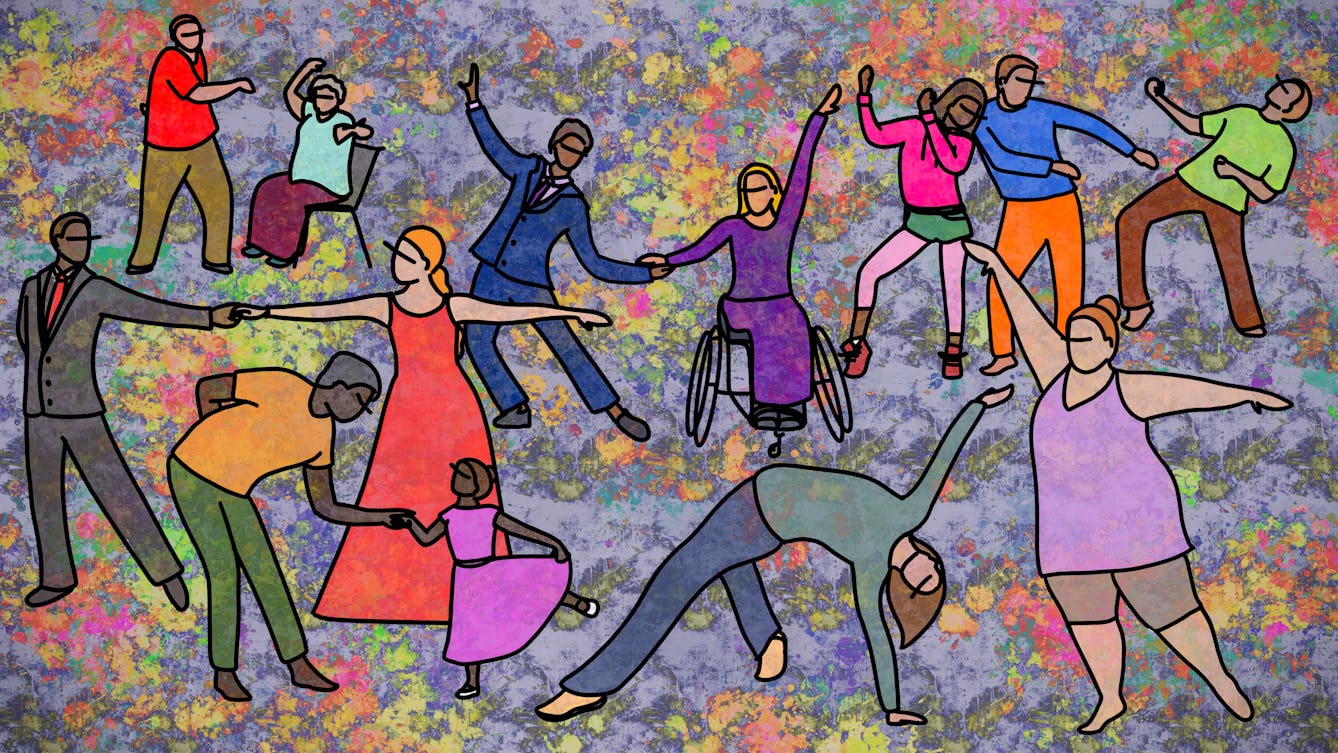
- Article
- Article
Dancing for joy
Dancing is a mood enhancer, it increases social bonding and it improves creativity. Maybe you really can dance all your troubles away.
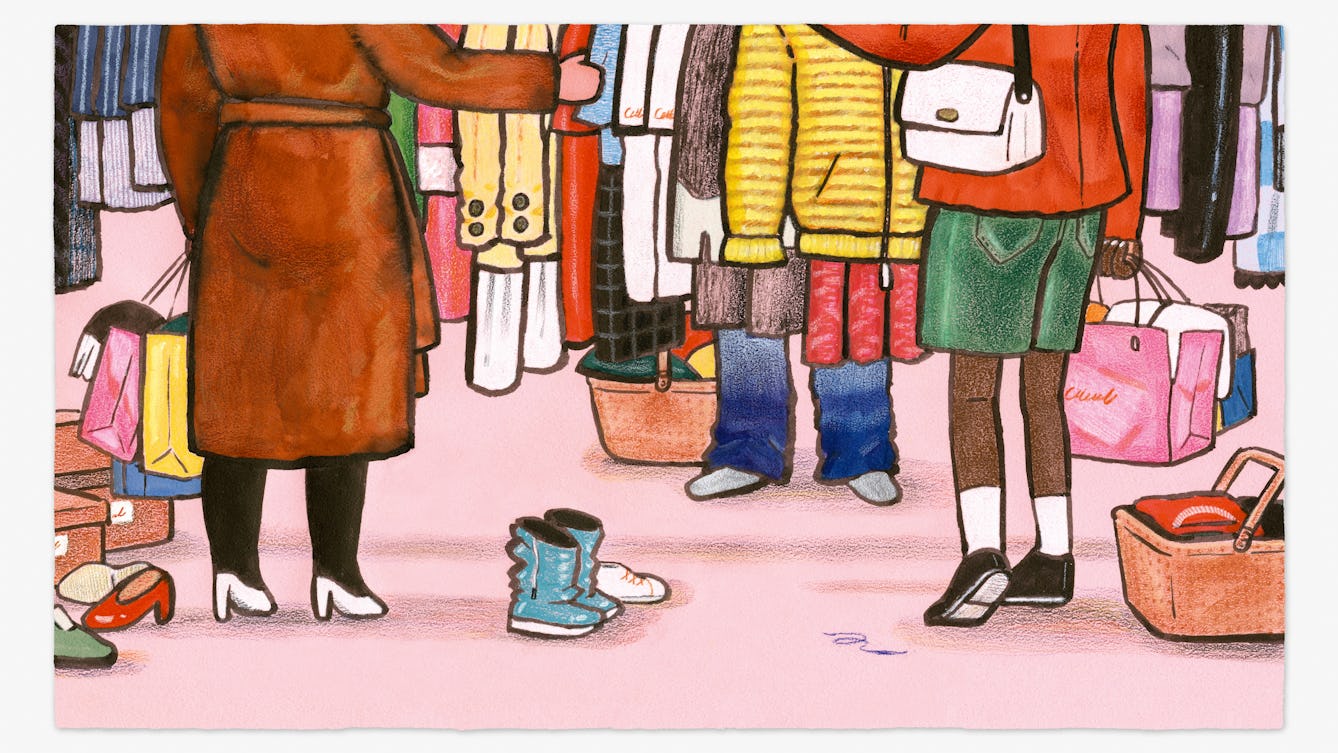
- Article
- Article
The ugly truth about fast fashion
Aja Barber reflects on her relationship with fast fashion, outlines its polluting and destructive effects, and shares the small, personal changes we can make that could help.

- Article
- Article
Desperate housewives and suburban neurosis
Discover how a pioneering health centre replaced housewives’ supposedly empty home lives with a social space that encouraged healthy child rearing.

- Article
- Article
Shame and the online free-for-all
Lucia Osborne-Crowley looks at how shame manifests online, where public humiliation is common and second chances all too rare.
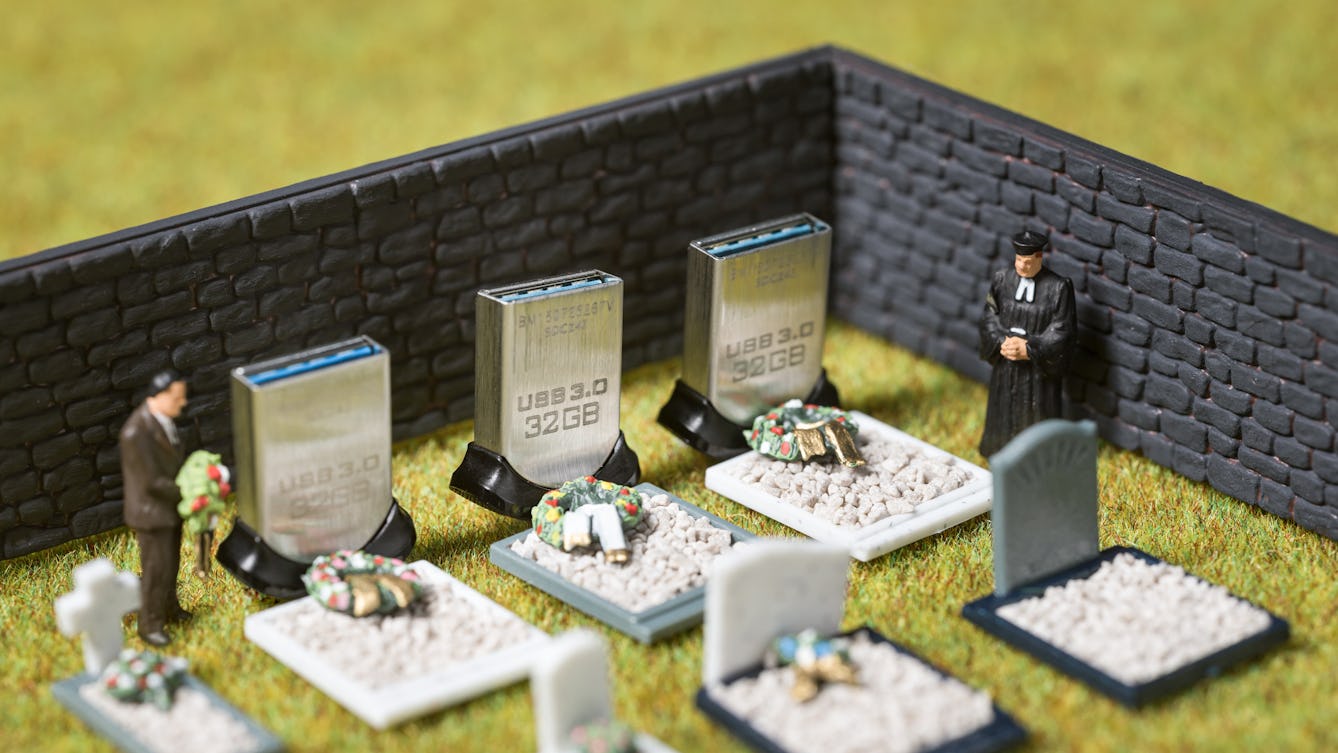
- Article
- Article
Death and our digital ghosts
When we die, our data lives on. And as companies are increasingly spotting money-making opportunities from digital legacies, now could be the time to think about – and control – yours.
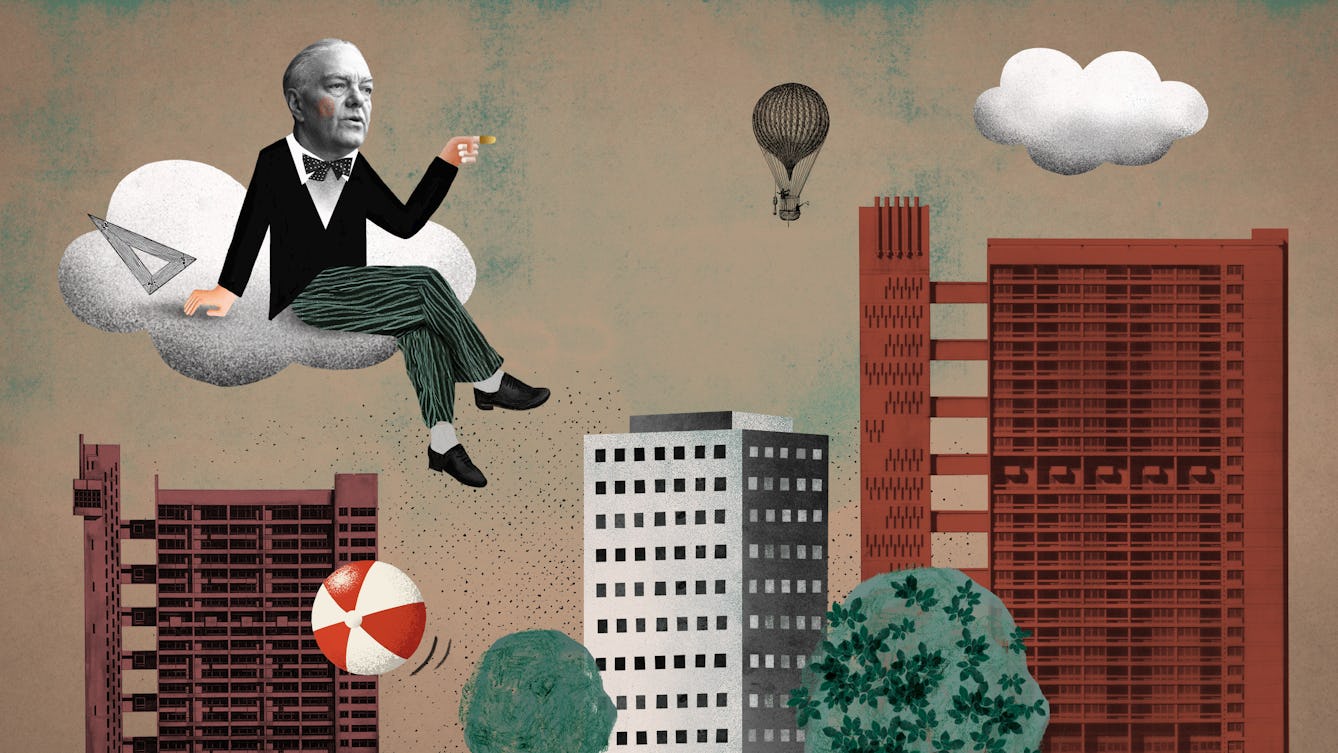
- Article
- Article
The tower in fiction, film and life
The high-rise estates born of postwar idealism soon became symbols of crime and squalor. But after one terrible tragedy, public bodies are being forced to rethink our towers.

- Article
- Article
Do good mothers make good democracy?
To be psychologically fit for democracy, one distinguished paediatrician argued that you need a ‘good enough mother’ – and that we must acknowledge the bad side of our feelings.
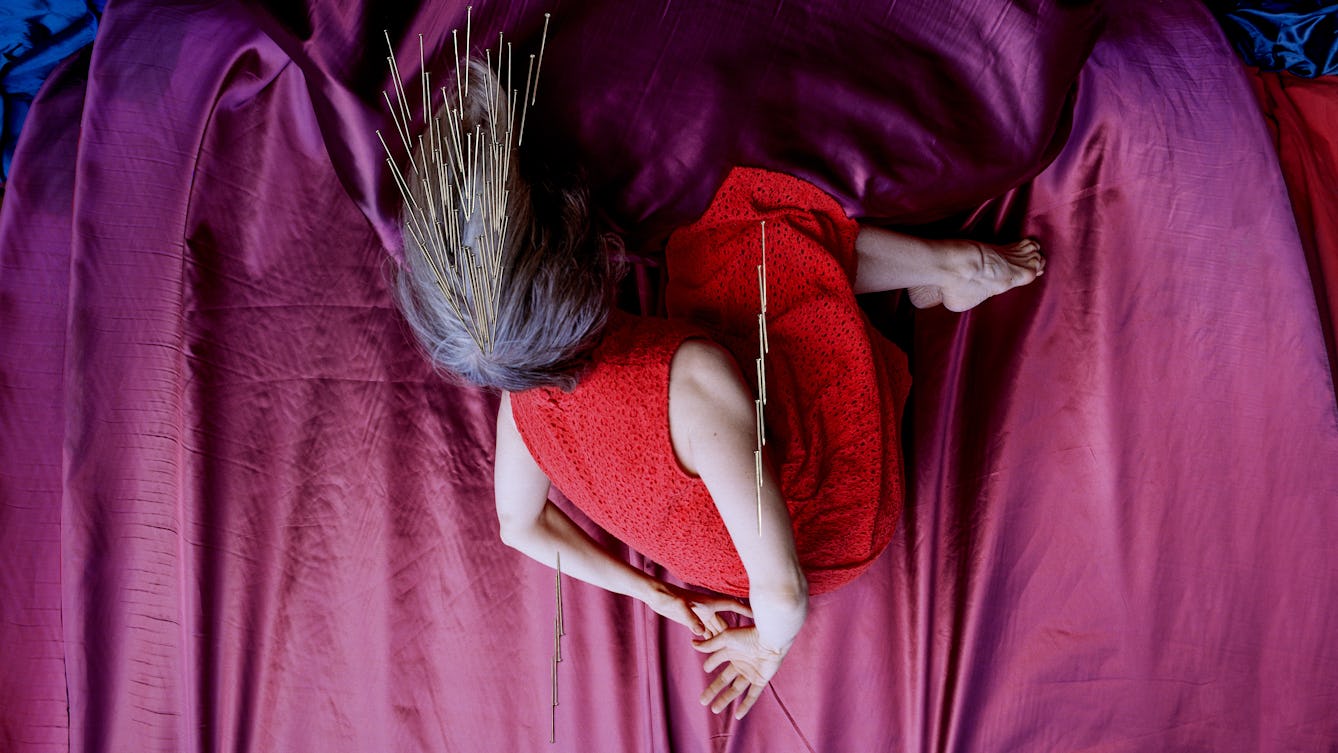
- Article
- Article
Are people born violent?
Laura Bui explores how the nature vs nurture debate applies to those who commit homicide.
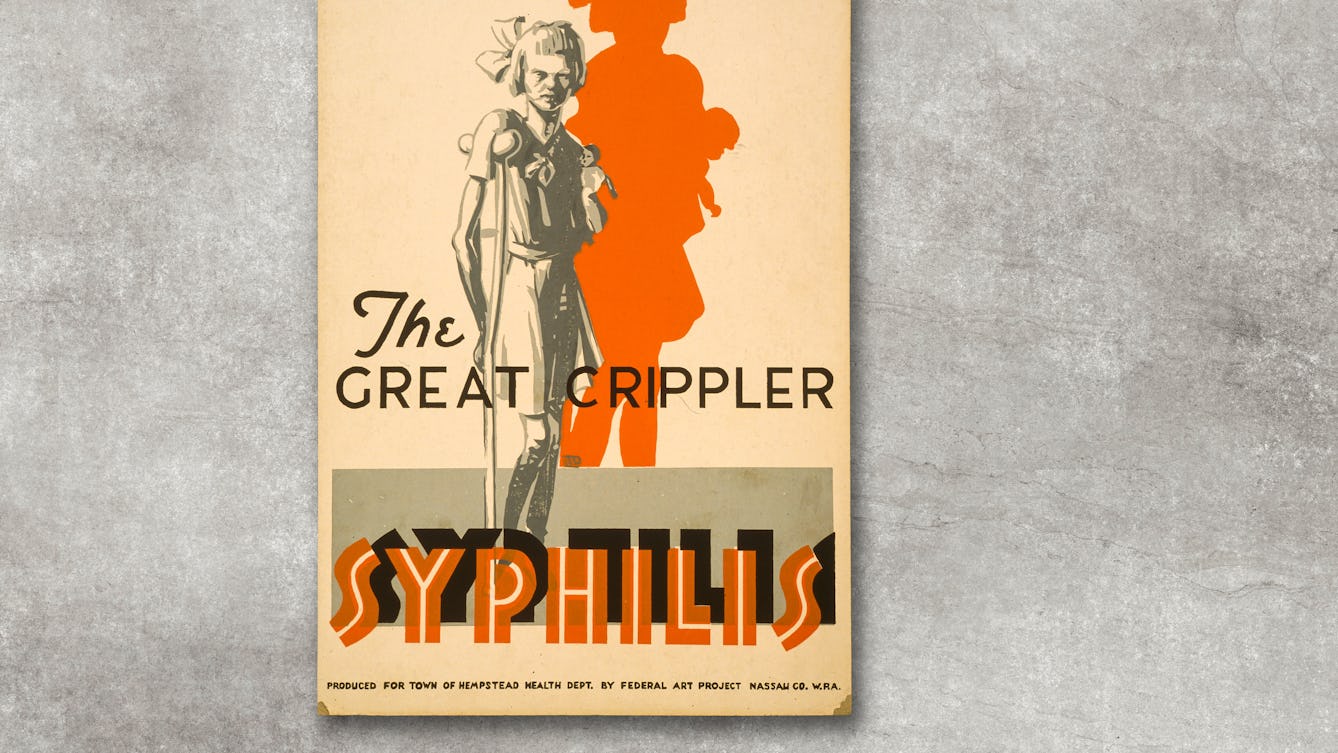
- Article
- Article
Public health campaigns and the ‘threat’ of disability
By continuing to represent disability as the feared outcome of disease, public health campaigns help to perpetuate prejudice against disabled people.
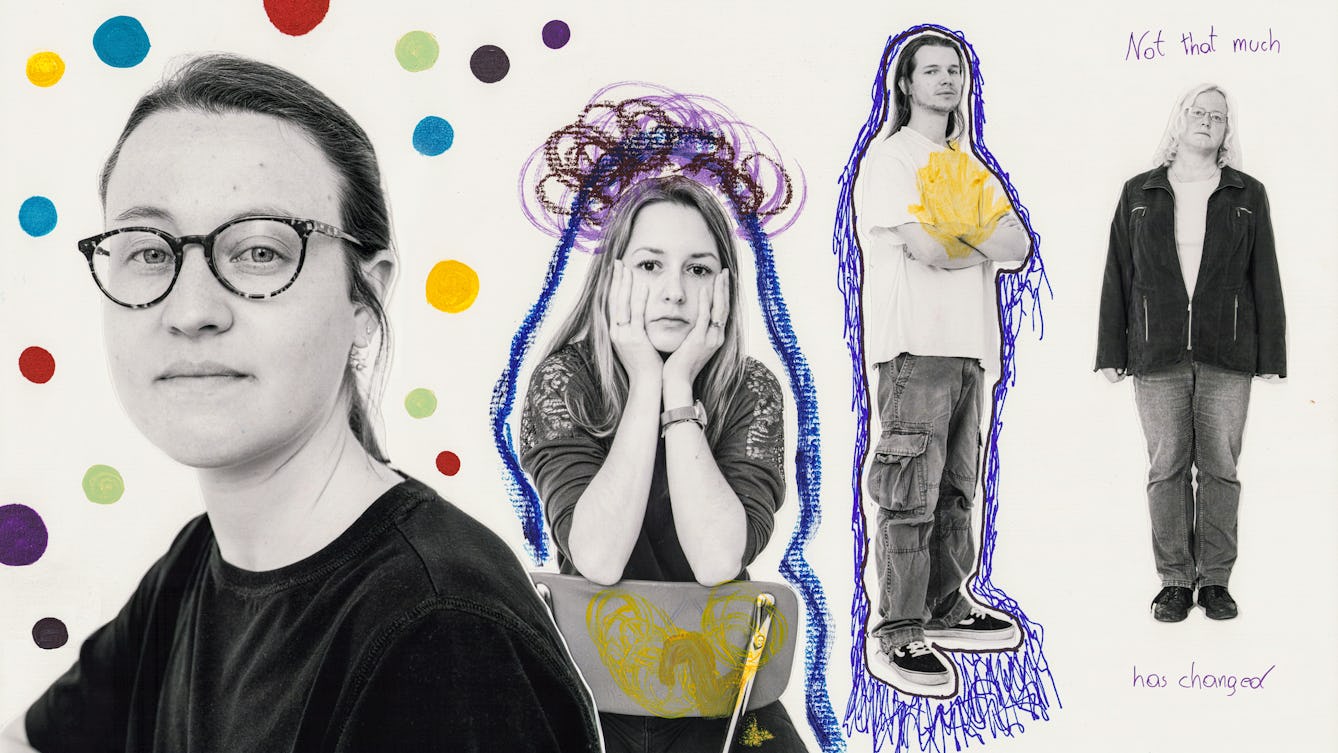
- Article
- Article
Is it really OK to not be OK?
Our mental healthcare system is still the poor relation of services that treat physical illness, and the pandemic has shone a spotlight on this situation. Campaigner James Downs argues for fundamental change.
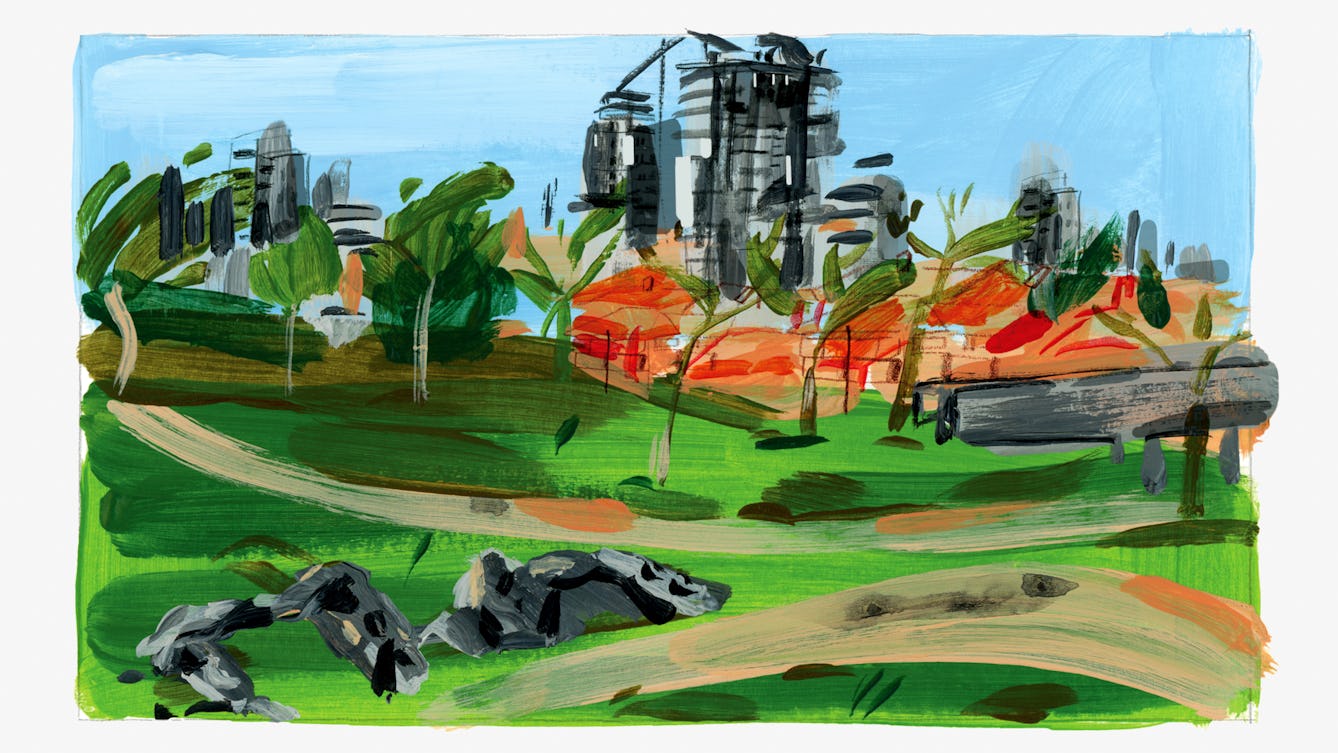
- Article
- Article
How to rehabilitate the concrete jungle
A huge concrete housing estate from the 1960s, now seen as an ecological mistake, is being drastically redeveloped, compounding the environmental errors. Owen Hatherley posits a more creative solution.

- Article
- Article
Walk, interrupted
By listing all the things that get in her way, Caroline Butterwick wants to create an embodied experience of disability and convince you that inclusion is everyone’s responsibility.

- Article
- Article
Autistic togetherness during lockdown
While lockdown has presented autistic people with greater challenges than life pre-COVID, many have found strength and comfort in the situation. Autistic writer and performer Kate Fox explains how.
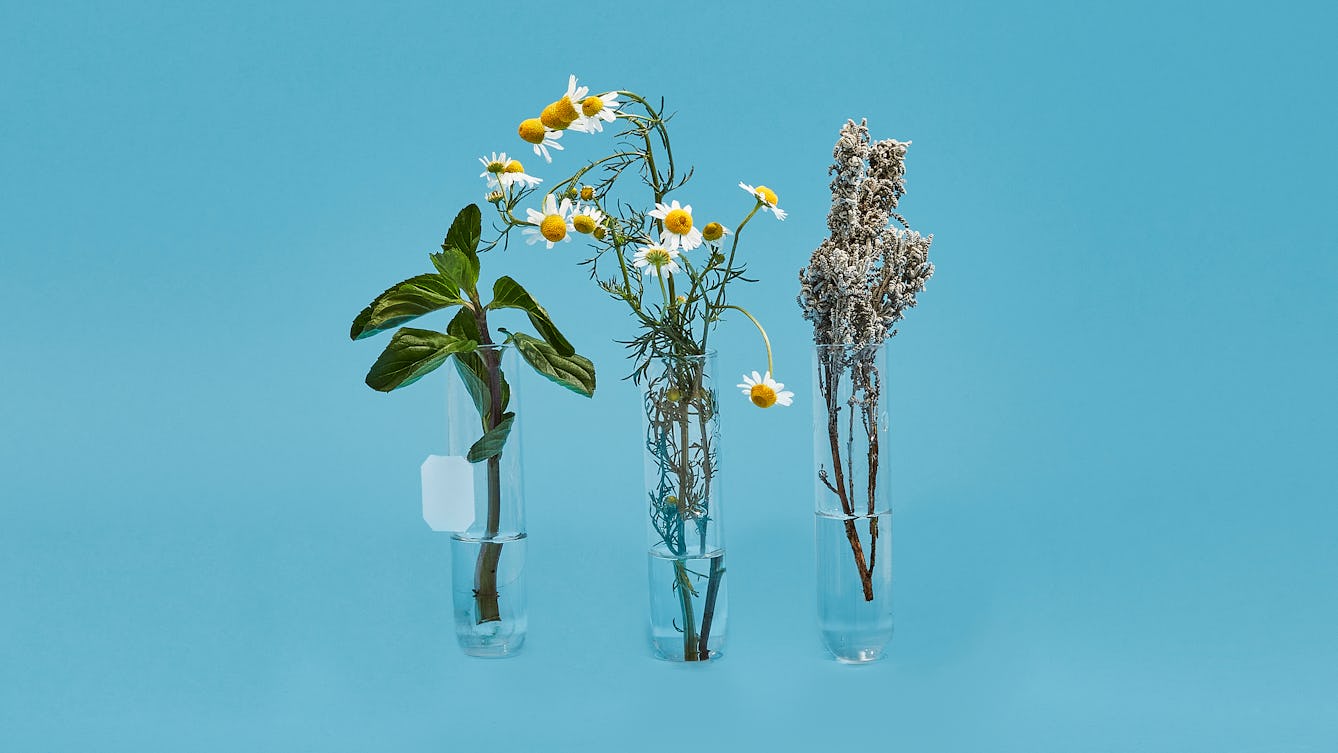
- Article
- Article
Love, longing and tea from the polski sklep
For people of Polish origin in the UK, herbal tea is closely tied to health and shared history. Kasia Tomasiewicz explores her changing relationship to these tea-related cultural habits.
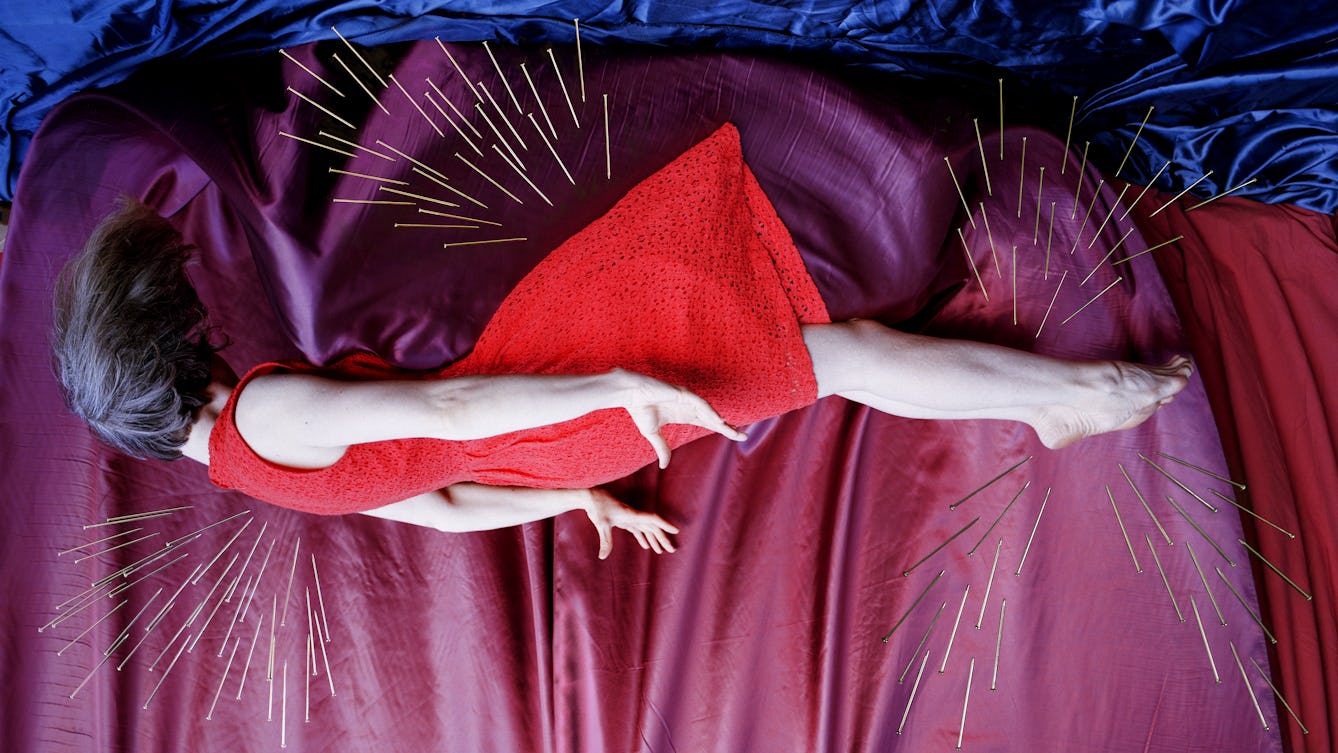
- Article
- Article
What is violence?
Criminologist Laura Bui explores her early understanding of violence and outlines its definition and wider consequences.

- Article
- Article
How light pollution affects our circadian rhythms
Too much of the wrong sort of light can send our natural cycles off-kilter – is city life messing with your circadian rhythm?
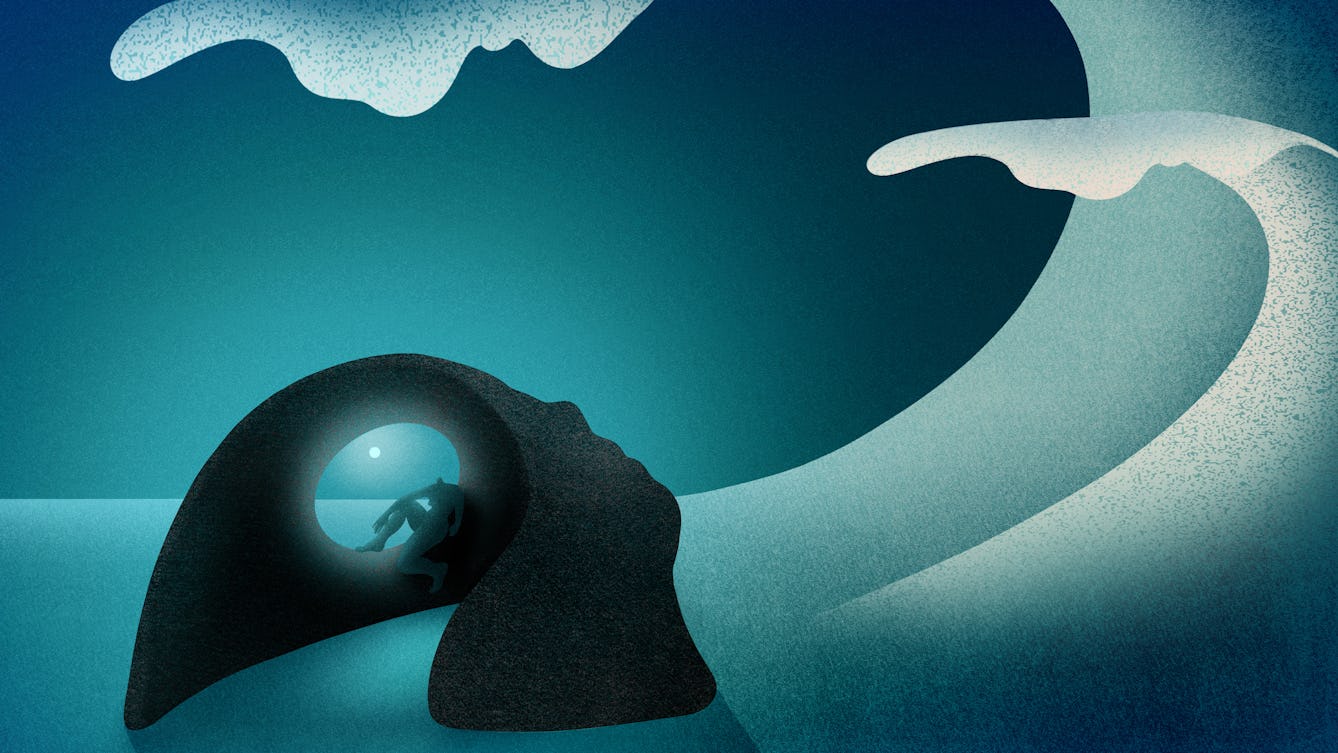
- Article
- Article
Autism assessments and me
When, as an adult, Mayanne Soret decided to get a formal diagnosis of her autism, she found that the series of assessments had a dishearteningly negative focus, seeming to frame her as a problem.